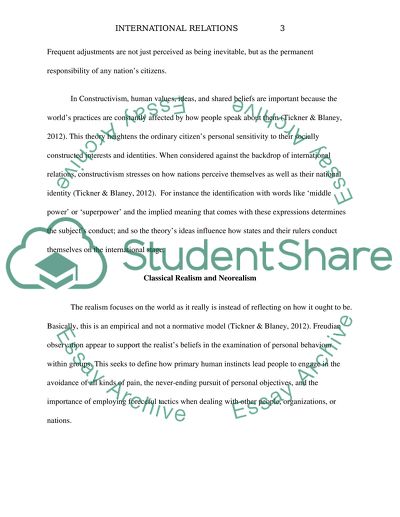Cite this document
(“International Relations Essay Example | Topics and Well Written Essays - 1750 words”, n.d.)
International Relations Essay Example | Topics and Well Written Essays - 1750 words. Retrieved from https://studentshare.org/history/1473183-international-relations
International Relations Essay Example | Topics and Well Written Essays - 1750 words. Retrieved from https://studentshare.org/history/1473183-international-relations
(International Relations Essay Example | Topics and Well Written Essays - 1750 Words)
International Relations Essay Example | Topics and Well Written Essays - 1750 Words. https://studentshare.org/history/1473183-international-relations.
International Relations Essay Example | Topics and Well Written Essays - 1750 Words. https://studentshare.org/history/1473183-international-relations.
“International Relations Essay Example | Topics and Well Written Essays - 1750 Words”, n.d. https://studentshare.org/history/1473183-international-relations.


